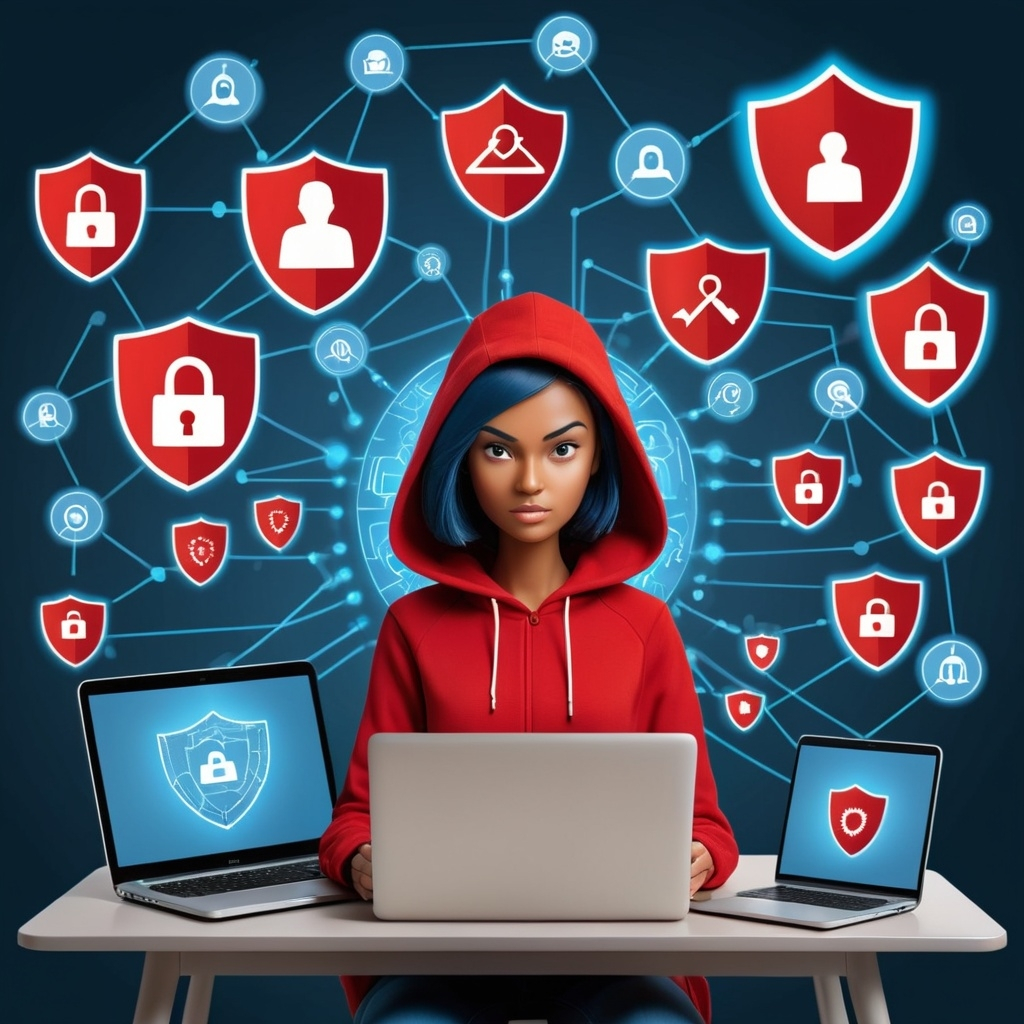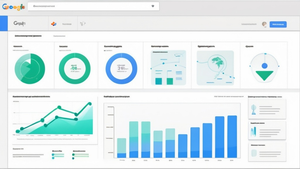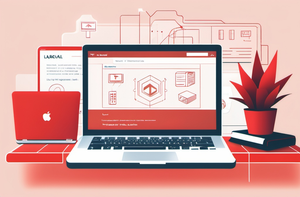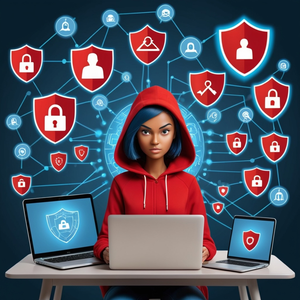
Cybersecurity 101: Essential Tips to Keep You Safe Online
In today’s digital age, our lives are increasingly intertwined with the internet. From online banking to social media, we trust the web with our most sensitive information. But with great convenience comes great responsibility. Cybercriminals are always on the lookout for easy targets. Don’t worry, though! With a few simple practices, you can significantly boost your online security. Let’s dive into the essential tips that will help keep you safe in the digital world.
1. The Password Paradigm: Your First Line of Defense
Your passwords are the keys to your digital kingdom. Here’s how to make them impenetrable:
- Use Strong, Unique Passwords: Think phrases, not words. “ILovePizza!” is weak. “Pizza4Dinner!OnTuesday@8” is strong.
- Never Reuse Passwords: One account breach shouldn’t compromise all your accounts.
- Use a Password Manager: Tools like LastPass or 1Password can generate and store complex passwords for you.
- Enable Two-Factor Authentication (2FA): This adds an extra layer of security beyond just a password.
2. Update, Update, Update!
Those pesky software updates? They’re crucial for your security:
- Set your devices to update automatically when possible.
- Don’t ignore update prompts – they often contain critical security patches.
- This applies to your operating system, apps, and especially your antivirus software.
3. Beware of Phishing: If It Smells Fishy, It Probably Is
Phishing attacks try to trick you into revealing sensitive information:
- Be skeptical of unexpected emails, especially those asking for personal information.
- Hover over links before clicking to see where they really lead.
- If an email claims to be from your bank, login to your account directly through the official website, not through email links.
4. Public Wi-Fi: Proceed with Caution
Free Wi-Fi is convenient, but it can be a security nightmare:
- Avoid accessing sensitive accounts (like your bank) on public Wi-Fi.
- Use a VPN (Virtual Private Network) when connecting to public networks.
- Turn off auto-connect to Wi-Fi networks on your devices.
5. Social Media Savviness
Your social media can be a goldmine for cybercriminals:
- Review your privacy settings regularly.
- Be cautious about what personal information you share publicly.
- Be wary of quizzes or games that ask for excessive permissions.
6. Backup Your Data: Hope for the Best, Prepare for the Worst
Regular backups can save you from ransomware and data loss:
- Use the 3-2-1 rule: 3 copies of your data, on 2 different media, with 1 copy offsite.
- Cloud storage services like Google Drive or Dropbox can help, but don’t rely on them exclusively.
- Test your backups regularly to ensure they work.
7. Secure Your Home Network
Your home Wi-Fi can be a gateway for attackers:
- Change the default password on your router.
- Use WPA3 encryption if available, or at least WPA2.
- Keep your router’s firmware updated.
8. Educate Your Family
Security is only as strong as its weakest link:
- Teach kids about online safety and the importance of privacy.
- Help less tech-savvy family members set up their devices securely.
- Make cybersecurity a regular topic of family discussion.
9. Be Wary of Oversharing
In the age of social media, oversharing can be dangerous:
- Avoid posting about upcoming vacations or your current location.
- Be cautious about sharing identifying information like your full birthdate.
- Think twice before participating in social media challenges that reveal personal details.
10. Keep an Eye on Your Accounts
Regular monitoring can catch issues early:
- Check your bank and credit card statements regularly for unauthorized transactions.
- Set up alerts for large transactions on your financial accounts.
- Use credit monitoring services to catch identity theft early.
11. Think Before You Click
Impulse clicks can lead to trouble:
- Be cautious about clicking on ads, especially those that seem too good to be true.
- Verify the source of download links before clicking.
- Use official app stores for downloading apps.
12. Use Encryption Where Possible
Encryption scrambles your data to make it unreadable to unauthorized parties:
- Use HTTPS websites whenever possible (look for the padlock icon in your browser).
- Consider encrypting sensitive files on your computer.
- Use encrypted messaging apps for sensitive communications.
Conclusion: Stay Vigilant, Stay Safe
Cybersecurity might seem daunting, but it’s really about forming good habits. By implementing these practices, you’ll significantly reduce your risk of falling victim to cyber attacks. Remember, in the digital world, an ounce of prevention is worth a pound of cure.
Stay safe out there, and keep checking back with Tech Bench: Code & Security for more tips on protecting yourself in the digital age!







Comments